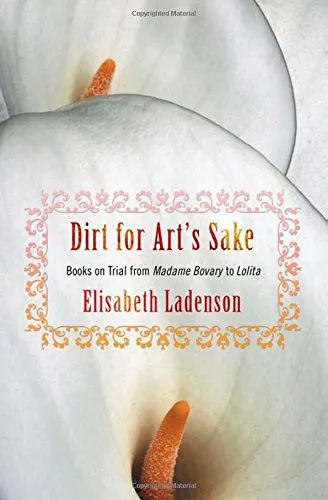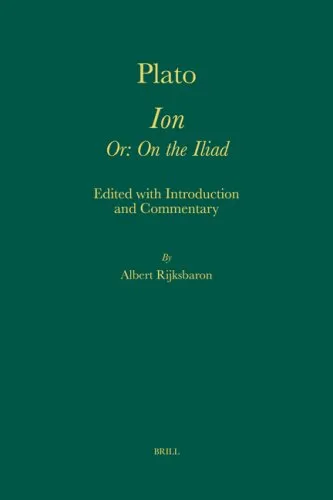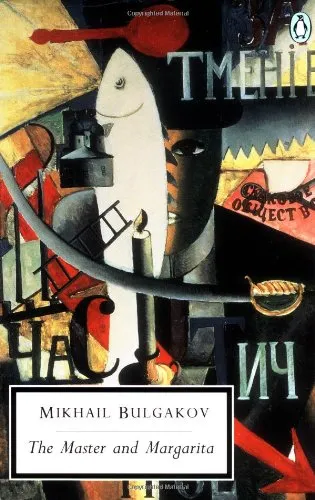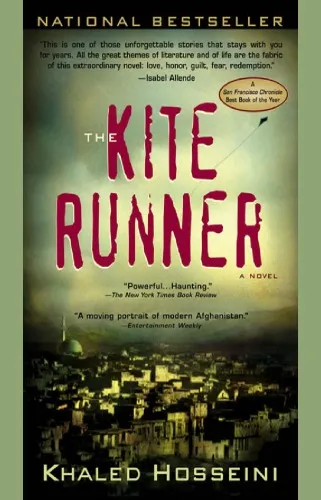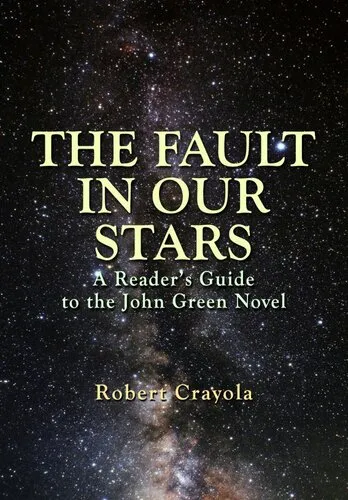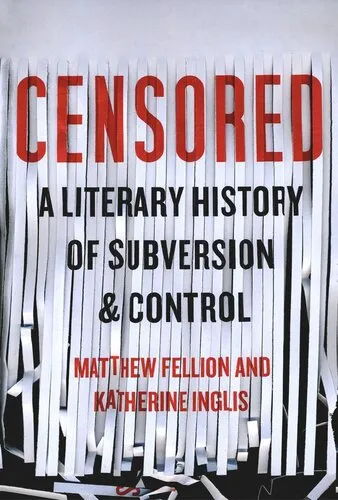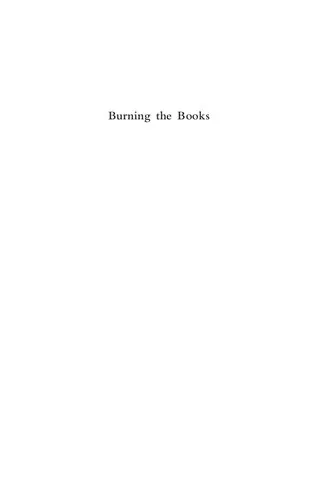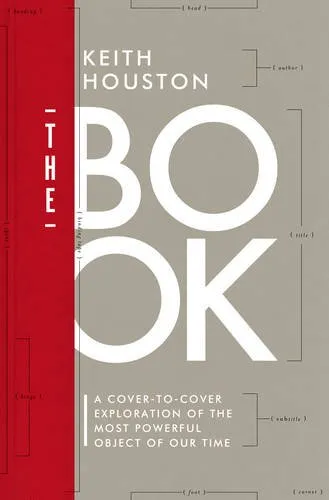Dirt for Art’s Sake: Books on Trial from Madame Bovary to Lolita
3.7
Reviews from our users

You Can Ask your questions from this book's AI after Login
Each download or ask from book AI costs 2 points. To earn more free points, please visit the Points Guide Page and complete some valuable actions.Related Refrences:
"Dirt for Art’s Sake: Books on Trial from Madame Bovary to Lolita" by Elisabeth Ladenson is a captivating exploration of the controversial history of literary censorship. Offering a fresh perspective on famous literary works that have faced judicial scrutiny, Ladenson's book investigates the societal values and the enduring battles between literature and legislation. This introduction provides an overview of the book, highlights its key takeaways, features memorable quotes, and explains its significance in today's cultural and literary landscape.
Detailed Summary of the Book
"Dirt for Art’s Sake" traverses the complex world of literary trials, recounting the stories behind some of the most controversial books in Western literature. Ladenson artfully examines the judicial challenges faced by iconic novels, including Gustave Flaubert’s "Madame Bovary," James Joyce’s "Ulysses," D.H. Lawrence’s "Lady Chatterley’s Lover," and Vladimir Nabokov’s "Lolita." Each of these books, while initially condemned for their perceived obscenity, now holds a celebrated place in literary history. Ladenson delves into the socio-political climates and cultural sensibilities that led to these trials, questioning the morality and motivations embedded in the legal actions against these works.
The book does more than recount historical events; it explores the paradoxical relationship between art and morality. Through meticulous research and critical analysis, Ladenson illuminates how attempts to suppress literature often amplify its voice and reach. Drawing connections between the legal arguments presented and the broader societal implications, she showcases the shifting parameters of what is considered obscene.
Key Takeaways
- **Literary Controversies and Censorship:** The book provides a comprehensive look at how literary works have been judged and censored, reflecting the societal fears and preoccupations of their times.
- **The Dynamics of Obscenity:** Ladenson challenges readers to consider how the notion of obscenity is constructed and deconstructed, evolving with cultural norms and values.
- **Impact of Trials on Literary Canon:** The trials often became catalysts for increasing the fame and longevity of the very works they sought to condemn, framing them as cultural watershed moments.
- **Societal Reflection:** The book encourages readers to reflect on the broader societal dynamics at play in censorship, revealing much about the intersection of politics, culture, and morality.
Famous Quotes from the Book
"Attempts to suppress or control artistic expression often masquederad as protection of moral values, yet art invariably finds a way to outshine the limits imposed upon it."
"The very controversy sought to diminish these works ultimately elevates them, marking them as defiant pillars of the literary landscape."
Why This Book Matters
"Dirt for Art’s Sake" is crucial not only for its historical insight but for its relevance in ongoing debates about freedom of expression and censorship. In an age where the limits of artistic freedom are continually contested, Ladenson’s work serves as a reminder of the enduring power of literature to challenge, provoke, and inspire. The book is indispensable for students of literature, history, and law, as well as for anyone interested in the dynamic interplay between cultural production and its regulation.
By emphasizing the legal battles that have shaped the reception of literature, Ladenson underscores the resilience of artistic expression against forces of suppression. Her narrative is a testament to the transformative power of literature and its ability to navigate and reshape the social milieu in which it exists.
Ultimately, "Dirt for Art’s Sake" calls readers to be vigilant in protecting the freedom of expression while critically engaging with the content that society deems controversial. It invites a reconsideration of how literature serves as both a mirror and molder of societal values.
Free Direct Download
You Can Download this book after Login
Accessing books through legal platforms and public libraries not only supports the rights of authors and publishers but also contributes to the sustainability of reading culture. Before downloading, please take a moment to consider these options.
Find this book on other platforms:
WorldCat helps you find books in libraries worldwide.
See ratings, reviews, and discussions on Goodreads.
Find and buy rare or used books on AbeBooks.
1396
بازدید3.7
امتیاز0
نظر98%
رضایتReviews:
3.7
Based on 0 users review
Questions & Answers
Ask questions about this book or help others by answering
No questions yet. Be the first to ask!
